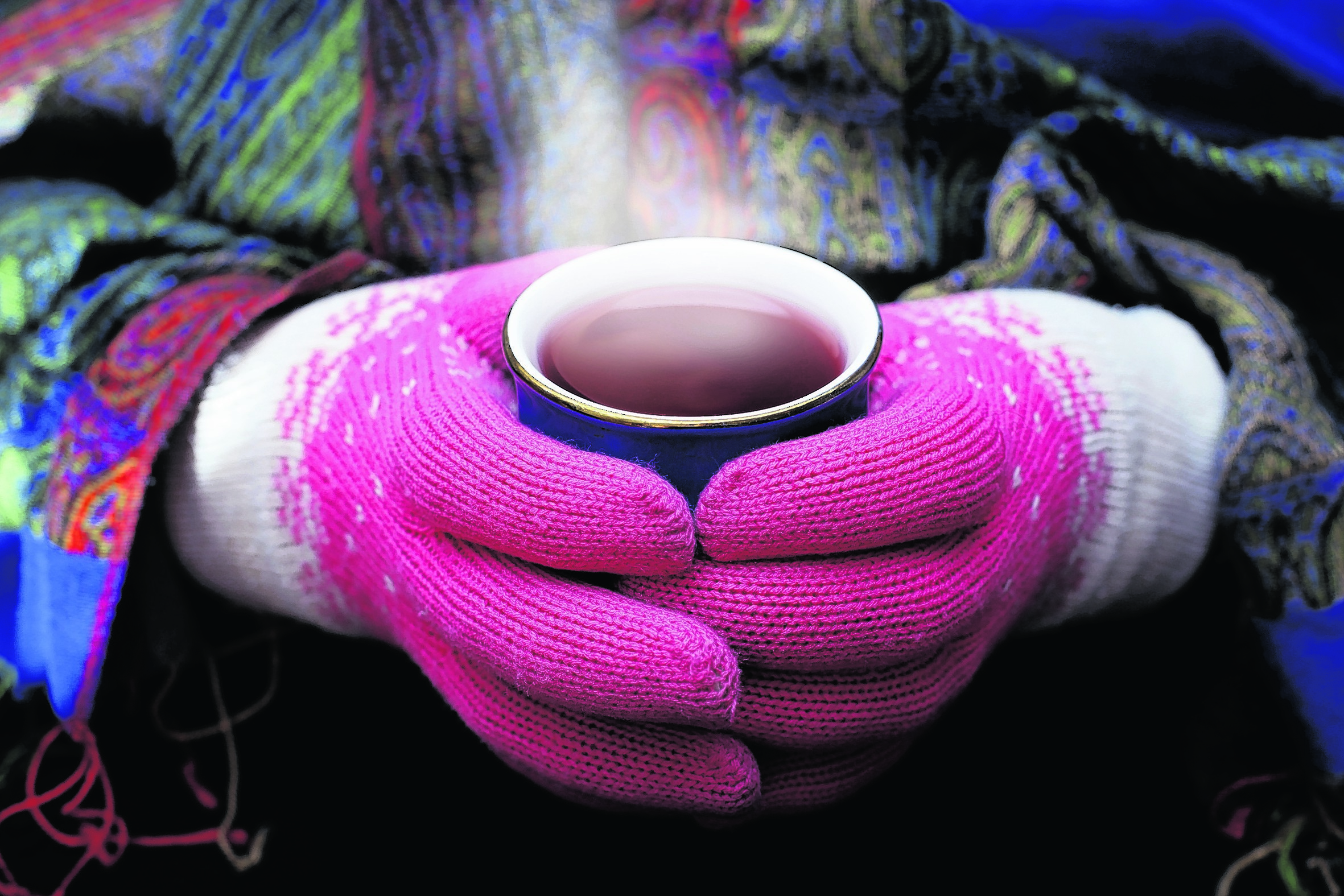Influenza is a viral infection that affects the respiratory tract. The symptoms may include a severe sore throat, sneezing with runny nose. There may also be shivering, fever, aching muscles, headache and generally feeling unwell and tired. It usually lasts about a week, but can leave you feeling tired and under the weather for some time afterwards.
Most people with flu do not require medical treatment and can recover at home, but in severe cases, it can cause hospitalisation and, for some vulnerable people, this can be serious.
A patient with flu needs to stay at home until the more debilitating symptoms have passed and they are no longer infectious.
HOW TO REDUCE YOUR RISK
The best way to avoid flu is to keep your immune system strong by eating a healthy diet, taking regular exercise, getting enough rest and relaxation and not smoking.
A flu vaccination is another way. The vaccination is produced annually to closely match the most likely viruses around that season and have been identified in advance.
It should be noted that the flu vaccination cannot be a 100% guarantee that you won’t get seasonal flu, but in the likely event that you do, the illness will be a milder form. Side effects from the vaccination are rare and minor in comparison to the risks associated with actually having seasonal flu. Also, it’s important to realise that the flu vaccine does not contain a live virus. This means the vaccine can’t give you flu, but it can stop you catching it.
WHO QUALIFIES FOR A FLU VACCINATION?
In 2015, flu immunisations are offered free to all primary school children, as well as children aged two to five years who are not yet in school. Children in secondary school are not included in the programme. However, children of all ages with a long-term medical condition will still be offered the flu vaccine from six months of age.
The flu vaccine is also free to everyone in Scotland with an underlying medical condition, who is pregnant, or anyone aged 65 or over. Medical conditions include asthma, bronchitis, emphysema, cystic fibrosis, chronic heart disease, liver problems, and anyone undergoing chemotherapy or radiotherapy. Contact your GP surgery for an appointment.
For the rest of us, the so called walking-well, you can receive a flu vaccination from a private clinic such as your local pharmacy. Pharmacies in the NHS Grampian area have been able to offer a flu vaccination service for many years now. It is a simple procedure which can now be carried out by trained pharmacists with the minimum of inconvenience.
TREATMENT
There is no cure for colds or flu. Antibiotics, which treat bacterial infections, do not work on viruses. However, home treatment can help to relieve the symptoms:
- Drink enough fluids to prevent dehydration.
- For adults, paracetamol, aspirin or ibuprofen can help to relieve fever and pain. Always follow the instructions carefully and take care to stay within the safe daily doses. It is easy to accidentally exceed these by using more than one product (eg tablets, capsules, a hot lemon drink) containing the same active ingredient, such as paracetamol.
- Aspirin should not be given to children under 16 years old. Paracetamol or ibuprofen are suitable alternatives and come in liquid formulations (for example, the brands Panadol or Nurofen syrup) for younger children.
- Decongestants such as pseudoephedrine may clear congestion. Ask your pharmacist for advice on products that contain a decongestant.
- Steam inhalations with menthol or eucalyptus, or herbal products such as camomile, may help. Take care with the hot water.
- Eating a balanced diet with plenty of fruit and vegetables is sensible.
- Rest. Avoid strenuous exercise. Contrary to advertising claims for some cold and flu medicines, if you are unwell with a heavy cold and especially flu, carrying on as normal is not always advisable.
- Avoid tobacco smoke.
For more information visit www.immunisationscotland.org.uk, and contact your local GP or Charles Michie’s Pharmacy, 391 Union Street, Aberdeen, which is offering flu vaccinations.

